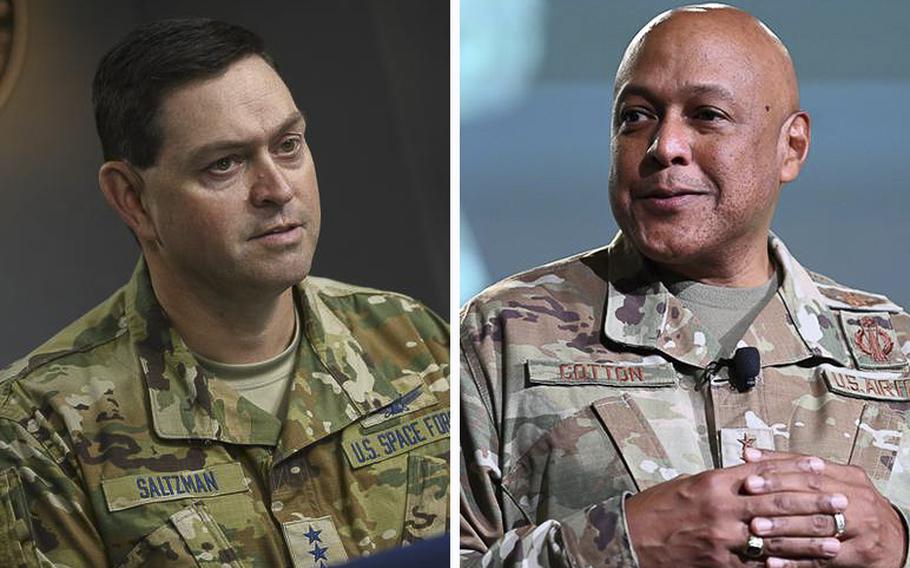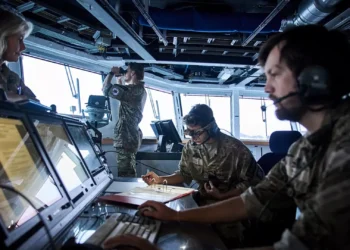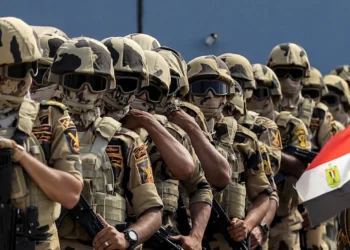WASHINGTON (Realist English). Senate lawmakers confirmed the next leaders of U.S. Space Force and U.S. Strategic Command on Thursday during wrap-up work ahead of the October recess.
Lieutenant General Bradley Saltzman will become the second-ever commander of the Space Forces, and Air Force General Anthony Cotton will take over the Strategic Command of the US Armed Forces after the Chamber unanimously approved their candidacies. They will be officially sworn into new positions in the coming days.
Both generals passed hearings before the Senate Armed Services Committee in early September, receiving strong support from lawmakers.
Saltzman has served for the last two years as Deputy Head of the Space Operations Department. He will replace General John Raymond, who has led the Space Force since its inception in December 2019 and is expected to retire at the end of 2022.
At the Senate hearing, Saltzman called for a transition to a more sustainable space architecture to counter threats from China and Russia. The general said that he would strive to recruit military personnel with high technical skills and give them reliable training.
“If we have exquisite weapons systems, exquisite systems on orbit to provide joint capabilities but our guardians and our operators don’t have the skills, the training, the experience they need to make the most of their systems, then I feel like we’re not fully combat ready,” Saltzman told the Senate Armed Services Committee in early September.
Cotton, who is currently the head of the Air Force’s Global Strike Command, will succeed Navy Admiral Charles Richard at the Strategic Command.
“The mission of U.S. Strategic Command is to deter our adversaries and employ force to guarantee the security of our nation and our allies,” he said. “Our nation’s nuclear forces continue to be safe, secure, reliable, and effective,” – said General Cotton/
During the hearing, Cotton said that the US needs to rethink its nuclear defense strategy to reflect the growing power of China, which for the first time in history put the US in a trilateral nuclear competition with Russia.
“We have seen the incredible expansiveness of what they’re doing with their nuclear force. … They have a bona fide triad now,” Cotton told senators this month. “We’re going to have to understand more deeply the Chinese nuclear strategy.”


















